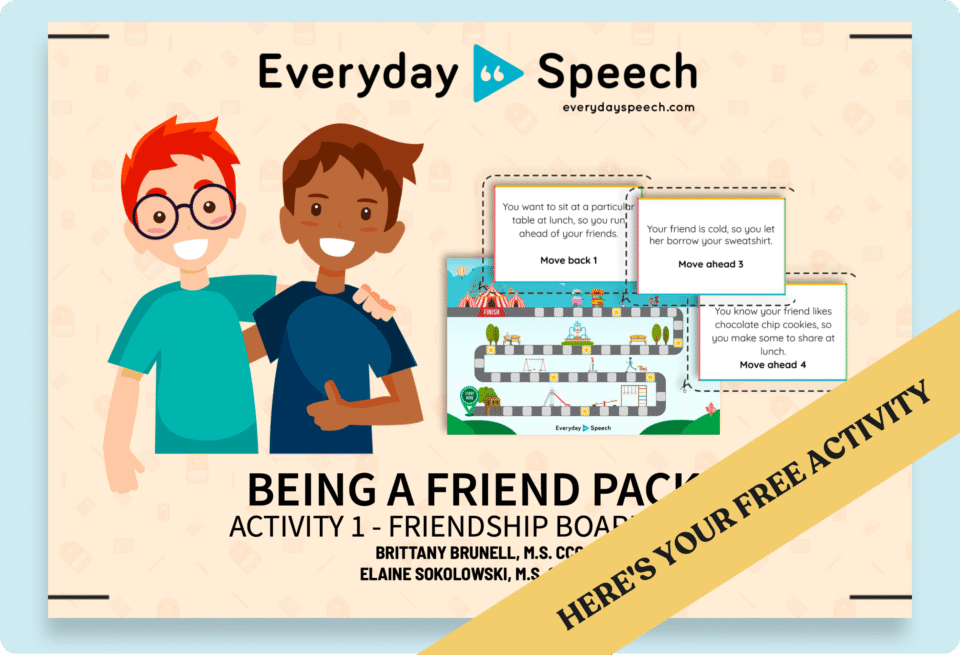Effective IEP Goals for Developing Good Sportsmanship in PreK Students
Get free social skills materials
No-prep lessons on self-regulation, emotional recognition, conversation skills, and more.
Sign up hereDownload 50+ Example IEP Goals
Customizable library of strengths-based goals
Introducing the concept of good sportsmanship to PreK students is essential for their social and emotional development. By fostering this skill, educators can help students learn how to handle losing with grace and maintain positive relationships with their peers.
Understanding Good Sportsmanship
Good sportsmanship is the ability to accept losing without complaining or getting upset. It plays a crucial role in students’ learning, social interactions, and wellbeing. By developing good sportsmanship, students can maintain positive relationships with their peers and learn to cope with challenging situations.
The Role of Specialists
Various specialists can support the development of good sportsmanship in PreK students:
- Speech-Language Pathologists: They can help students improve their communication skills, enabling them to express their emotions and frustrations in a more constructive manner.
- Social Workers: They can work with students to develop coping strategies for handling disappointment and stress.
- Psychologists: They can help students understand and manage their emotions, fostering emotional regulation and resilience.
- School Counselors: They can provide guidance on building positive relationships and navigating social situations, promoting good sportsmanship.
IEP Goals for Good Sportsmanship
Here are some specific SMART IEP goals to develop good sportsmanship in PreK students:
Goal 1: Accepting Losses Gracefully
By the end of the school year, the student will demonstrate the ability to accept losses without complaining or getting upset in 80% of observed situations.
- Strategy: Role-play various scenarios where the student experiences losing, and practice appropriate responses.
- Activity: Use social stories to illustrate the importance of being a good sport and provide examples of positive reactions during games.
Goal 2: Managing Frustration
By the end of the school year, the student will identify and use at least three coping strategies to manage frustration during games or sports activities in 90% of observed situations.
- Strategy: Teach the student deep breathing techniques, counting to ten, and positive self-talk to manage frustration.
- Activity: Encourage the student to practice these coping strategies during games and sports activities.
Implementing and Measuring Progress
To effectively implement these IEP goals and measure progress:
- Collaborate with specialists to create a supportive environment for students.
- Monitor and document students’ progress during games, sports activities, and social interactions.
- Regularly review and adjust the IEP goals to ensure they remain relevant and achievable.
Conclusion
Developing good sportsmanship in PreK students is essential for their social and emotional growth. By implementing these IEP goals and working closely with specialists, educators can help students improve their skills and build positive relationships with their peers. We encourage you to explore more resources and strategies at Everyday Speech Sample Materials to further support your students.


